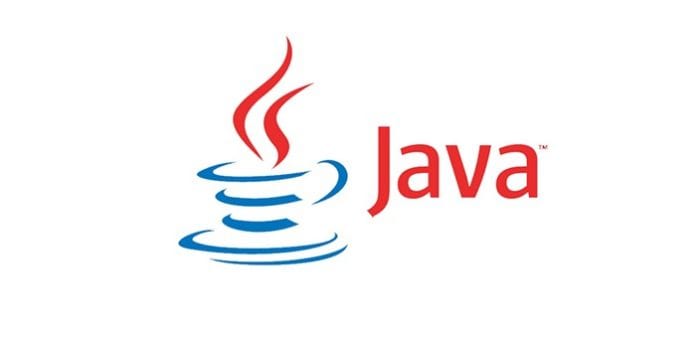Java gets browser eviction notices from Spartan and Chrome 42
Google has now disabled NPAPI (Netscape Plugin Application Programming Interface) support in Chrome 42 and it will be completely removed from Chrome 45 in September 2015.
NPAPI was first introduced in 1995 as part of Netscape Navigator 2.0 to allow content types not otherwise supported to be viewed in the browser — using video plugins such as RealPlayer, QuickTime, or VLC. ther embedded content types, such as Adobe Flash, Microsoft Silverlight, and Java applets are displayed in most browsers via NPAPI. For Internet Explorer (IE), this is achieved using ActiveX.
Microsoft’s latest Project Spartan in Windows 10 will be shedding most IE features like IE 5.5 compatibility mode, and ActiveX extensions.
Both browsers will now focus more and more on HTML5 and Javascript, removing the need for additional plugins In Chrome, Flash support is contained in the new PPAPI plugin system. PPAPI is only supported in Chrome and Opera, and Mozilla has no plans to include it in Firefox. Microsoft is planning a new PPAPI plugin for Spartan but it is still in work.
These changes will bring about is the end of Java in the browser. Java has been plagued with vulnerabilities over the years. As a today, IE quickly blocks out-of-date versions of Java, and Firefox and Safari will prompt users before running an applet in any version of Java.
Oracle’s one stop solution to this issue has been to release patches after patches for the Java Runtime Engine, a change that has led to widespread criticism because the Java installer bundles the Ask Toolbar by default, the installation of which Oracle receives a commission for.
By releasing frequent security updates to address the multiple security vulnerabilities in Java, Oracle stands to make higher commissions. Last month, Oracle doubled down on this practice by bundling the toolbar with OS X versions of the Java Runtime Engine.
As of today some popular gaming websites such as Pogo.com from Electronic Arts, have games designed as Java applets. Educational materials, such as those from NASA, and various resources for teaching mathematics are presented as Java applets.
These websites and any other websites which rely on Java will no die a quiet death because of the NPAPI and ActiveX will not be available anymore to support them.

